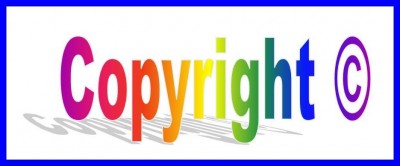In preparation for a writers’ conference, I’ve been collecting and duplicating handouts. As I looked over some of the handouts in the stack, I noticed sample query letters and sample writer’s bios. Wondering how much of this information might be available online, I decided to find out. Here’s the result of my quick search on Google. Out of the numerous hits, I chose the ones that were offered by agents, published writers, or publishing companies.
Sample Query Letters and How to Write Queries:
http://www.writing-world.com/basics/query.shtml
http://www.agentquery.com/writer_hq.aspx
http://cba-ramblings.blogspot.com/2007/12/how-to-write-query-letter.html
How to Compose a Writer’s Bio:
http://www.absolutewrite.com/freelance_writing/bio.htm
http://www.writing.com/main/view_item/item_id/878253
How to Write a Book Proposal:
http://www.thomasnelson.com/consumer/Downloads/WritingABookProposal.pdf
If you didn’t get all the information you wanted at your last writers’ conference, take a few minutes to search online. Don’t take everything you find on the Internet as authoritative, though. Look for material that’s presented by a publishing company or by a published author.







